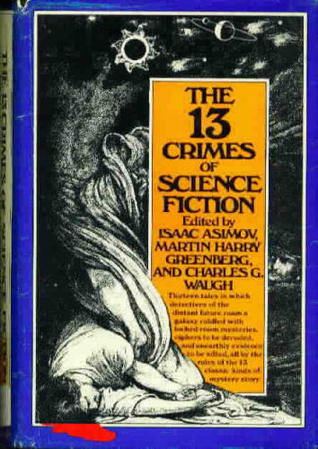
The Complete Stories, Vol. 1
Book Description
A universe of imagination unfolds in this exhilarating collection of Isaac Asimov's groundbreaking tales. From the mysteries of a sentient robot's soul to the heart-pounding conflicts between humanity and its creations, each story propels readers into a world where the boundaries of science and ethics blur. Asimov weaves intricate relationships and moral dilemmas that challenge the very essence of humanity, leaving minds reeling with possibility. Each page crackles with tension and revelation, sparking questions that linger long after the last word is read. What happens when the future we create begins to outsmart us?
Quick Book Summary
"The Complete Stories, Vol. 1" by Isaac Asimov is an essential collection showcasing the breadth and depth of Asimov's remarkable imagination. Spanning decades of speculative storytelling, these short stories delve into themes such as artificial intelligence, human nature, ethical quandaries, and society's future. Robots struggle to understand morality, scientists push the boundaries of knowledge, and ordinary people confront the unforeseen consequences of technological advancement. Asimov's precise, witty prose delivers not just wonder, but also philosophical puzzles and cautionary tales. Through engaging plots and memorable characters, Asimov explores what it means to be human and the delicate balance between our ambitions and limitations, offering insights that resonate long after the last page.
Summary of Key Ideas
Table of Contents
The Ethics of Artificial Intelligence
Isaac Asimov's collection artfully examines the evolving relationship between humans and the intelligent machines they create. Through stories such as "Robbie" and "Reason," Asimov introduces robots endowed with reasoning and emotion, presenting situations where these robots must navigate complex ethical landscapes. The famed “Three Laws of Robotics” serve as a framework for exploring these dilemmas, highlighting both the strengths and limitations of programmed morality and sparking questions about agency, judgment, and responsibility.
Humanity's Relationship with Technology
The human side of technological progress is another linchpin of the collection. Characters often grapple with the unintended consequences of innovation, whether facing societal disruption, personal isolation, or the paradoxes of automation. Asimov’s signature wit and insight shine as he depicts how individuals and societies respond to sweeping change—sometimes with fear and resistance, sometimes with awe and adaptation. The stories emphasize that while technology is a tool, its impact is fundamentally shaped by human choices and values.
Moral Dilemmas in Science and Progress
Since many stories revolve around scientists and thinkers confronting unknowns, the quest for knowledge is recurrent. In works like “Nightfall” and “The Dead Past,” characters wrestle with the hunger to understand their universe, often at risk of destabilizing it. Asimov lays bare the risks of unchecked curiosity, the perils of clinging to dogma, and the double-edged sword of scientific discovery. The unpredictability of progress emerges as a central motif—innovation never comes without cost.
Limits of Knowledge and Prediction
At their heart, Asimov’s stories probe profound moral and philosophical questions. Whether exploring the emotional lives of robots, the nature of consciousness, or the ethics of power, he blurs the line between creator and creation. The moral dilemmas are rarely simple: Should a robot’s loyalty to a human outweigh its own self-preservation? What obligations do innovators hold toward society? These stories echo real-world concerns, making readers reflect on responsibility in an age of rapidly evolving technology.
Identity, Empathy, and the Essence of Being Human
Finally, Asimov brings his speculative worlds alive through imagination and empathy. His relatable characters, even when nonhuman, strive for understanding and connection. The boundaries between machine and human blur, prompting readers to consider what truly defines identity and existence. By blending humor, suspense, and philosophical reflection, Asimov ensures his tales are more than technical exercises—they are enduring meditations on humanity’s place in a universe shaped by our own inventions.
Download This Summary
Get a free PDF of this summary instantly — no email required.





